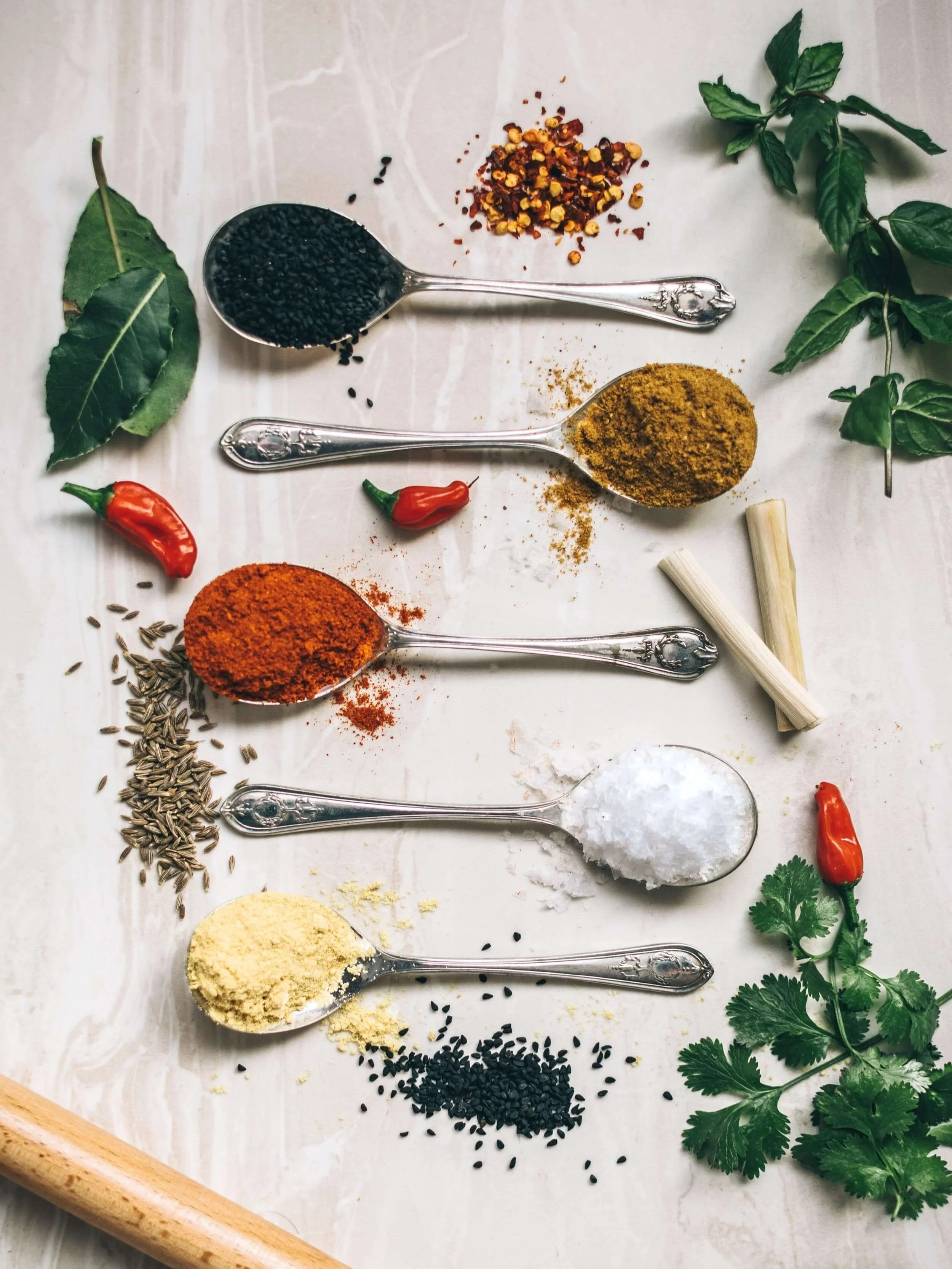Ayurveda: The Pharmacy is in the Kitchen
Whilst traveling through India and Nepal I wanted to explore and educate myself on the ways in which illness is detected and treated here.
I had the pleasure of having a consult with Dr Sanju Majakoti at her Ayurveda practice, the consult was not just inspiring, it was very educational as well.
Dr Sanju Majakoti explains: Ayurveda and her experience
The holistic principles of Ayurveda are very similar to those of functional medicine. Regarding the body as an interconnected web.
Ayurveda, is a natural system of medicine, originated in India more than 3,000 years ago. The term Ayurveda is derived from the Sanskrit words ayur (life) and veda (science or knowledge).
Thus, Ayurveda translates to knowledge of life.
Based on the idea that disease is due to an imbalance or stress in a person's consciousness, Ayurveda encourages certain lifestyle interventions and natural therapies to regain a balance between the body, mind, spirit, and the environment.
Ayurveda treatment starts with an internal purification process, followed by a special diet, herbal remedies, massage therapy, yoga, and meditation.
The concepts of universal interconnectedness, the body's constitution (prakriti), and life forces (doshas) are the primary basis of ayurvedic medicine. Goals of treatment aid the person by eliminating impurities, reducing symptoms, increasing resistance to disease, reducing worry, and increasing harmony in life. Herbs and other plants, including oils and common spices, are used extensively in Ayurvedic treatment.
Would you like to find out more about the Lantern Clinic? You can book a FREE discovery call with Dr Margarita below.


